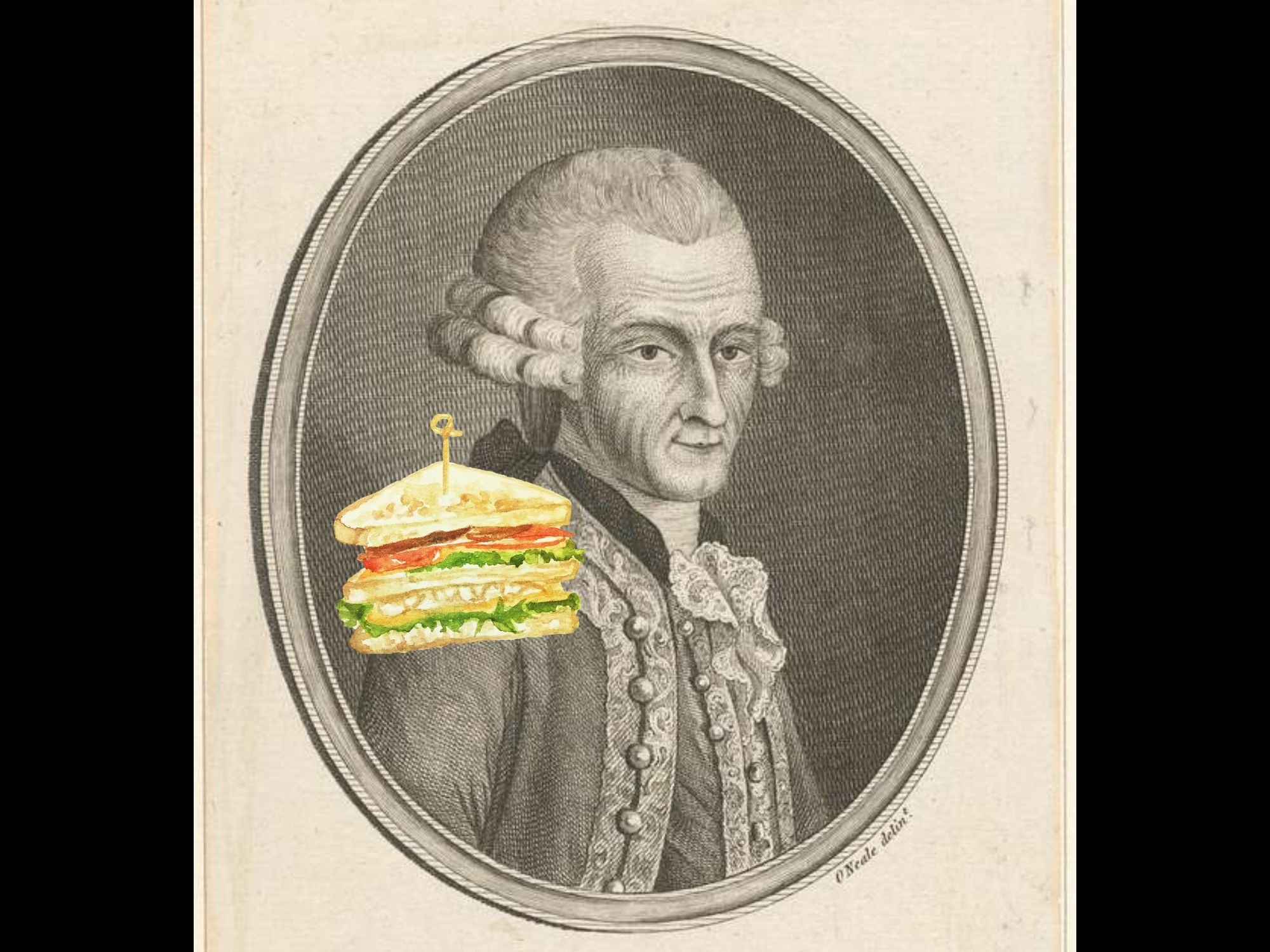Unraveling the tapestry of words: Exploring Etymology

Behind every word lies a story, a journey through time and across cultures. Etymology, the study of word origins and evolution, provides us with a captivating glimpse into the rich tapestry of language.
In this blog, we embark on an adventure through etymology, exploring interesting facts that shed light on the hidden histories and connections of our beloved words.
Latin – the language of influence
Latin, the ancient language of the Romans, has had a profound impact on many modern languages, including English. More than 60% of English words have Latin roots.

From legal terms like habeas corpus to scientific terms such as biology — from the Latin word biologia meaning study of life — the legacy of Latin can be found in numerous domains.
Greek Contributions
The Greek language has also left its mark on the world of words. Greek mythology, for instance, has inspired numerous terms we use today.

Narcissism originates from the myth of Narcissus, while herculean is derived from the mighty hero Hercules. Additionally, the Greek philosopher Aristotle gave us the term metaphysics, which now refers to the branch of philosophy dealing with abstract concepts.
The Viking influence
The Vikings were more than just fierce warriors — they were also skillful navigators and traders. As they sailed across the seas, they spread their language, Old Norse, which still influences English today.

Common English words like sky, knife, and egg are derived from Old Norse roots.
Arabic contributions
Arabic, the language of the Quran and a key contributor to the Islamic Golden Age has left an indelible mark on the world of science, mathematics, and language.

English words like alcohol, algebra, and zero owe their existence to Arabic influences. Moreover, the Arabic numeral system, which we use today, revolutionized mathematics in the Western world.
Onomatopoeia – words that imitate sounds
Onomatopoeic words are fascinating examples of how language can mimic the sounds of the world around us. Words like buzz, crash, and hiss imitate the sounds they represent, enhancing our ability to describe and communicate auditory experiences.
Eponyms – words derived from names
Eponyms are words that originate from the names of people or places. For example, the word sandwich comes from John Montagu, the 4th Earl of Sandwich, who was known for his love of eating meat between slices of bread.

Other eponyms include boycott — from Charles Boycott — algorithm — from Al-Khwarizmi — and guillotine — from Joseph-Ignace Guillotin.
Borrowed words – linguistic borrowings and loanwords
Languages constantly evolve through interactions and borrowing from other cultures. English specifically has borrowed extensively from other languages. Words like sushi from Japanese, chocolate from Nahuatl — an indigenous language of Mexico — and karma from Sanskrit demonstrate the global interconnectedness of language.
Exploring the origins of words not only expands our vocabulary but also provides us with a deeper understanding of the cultures and histories that have shaped our languages. Next time you utter a word, remember that it carries within it a tale of its own, connecting you to the fascinating tapestry of human communication.
Teneo Linguistics Company (TLC) is a certified small, woman-owned business that specializes in a variety of customizable language services in over 180 languages. Learn more about TLC and get a quote for professional language services at www.tlctranslation.com.





